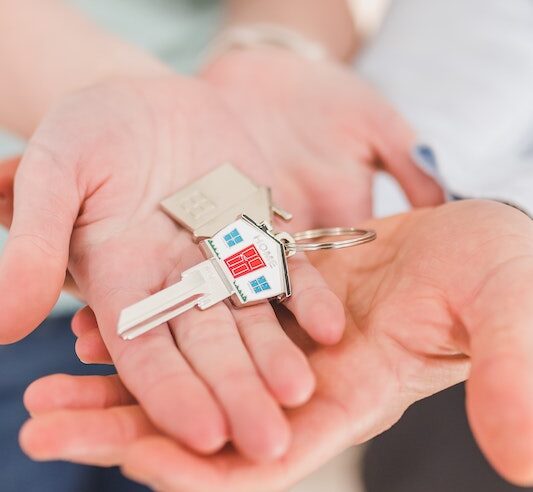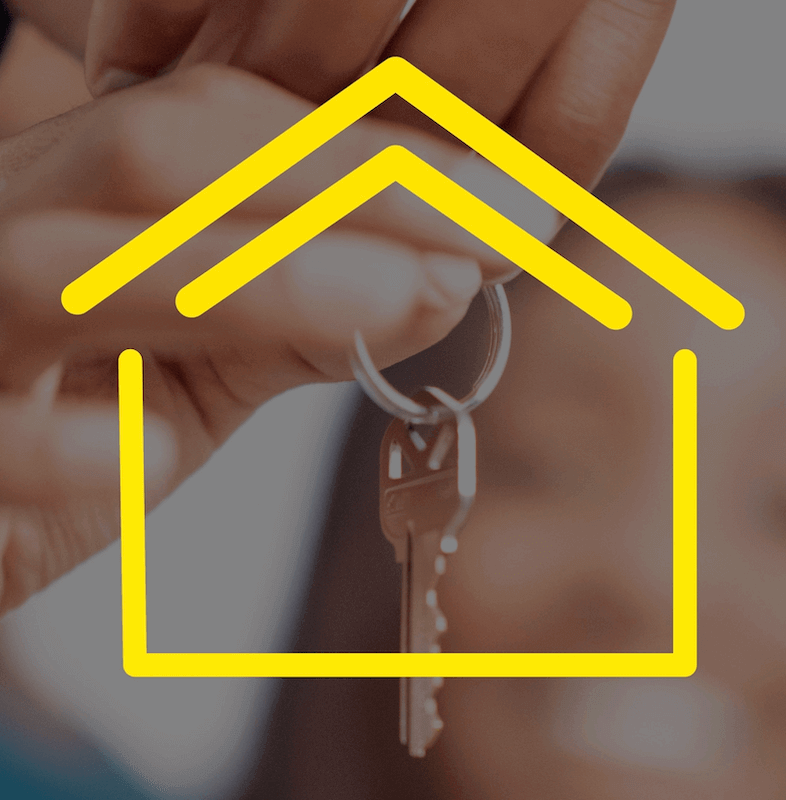Yes, your credit score will matter if you are looking to be approved for a secured loan. However, there are other factors that lenders will take into consideration such as your income, employment status and the value of your property that you are using as security.
Your credit score is usually checked during the secured loan application process, but even if you have a bad credit score, there are many options available. Since every lender is different and has their own criteria, you may find that some lenders are more willing to consider your circumstances than others.
In addition, you may find that if you have a bad credit score, you are still eligible because of your valuable security, but the amount you can borrow and interest rate charged is adjusted to reflect the added risk of default.
To check your eligibility for a secured loan with the entire UK market, you can start your application here, with no impact to your credit score >>
How Does a Secured Loan Work?
Secured loans are used to borrow small or large sums and the loan is secured against your home. Thousands of homeowners use secured loans every month to raise money for things like home improvements, pay for weddings or to consolidate their debts.
So if you have a mortgage or property that you own, you can use this as collateral to borrow the money you need. However, if you fall behind on repayments, the lender may have the right to repossess your property to recover their cost.
How Can I Get a Secured Loan with Bad Credit?
It is possible to get a secured loan with bad credit, because every secured lender is different and the more specialist lenders are likely to take a personal view on your application – and there are some lenders who focus on just assisting customers with bad credit and loans with CCJ’s.
Every lender is different and some may be willing to take a view on your application. But having a stable income, employment and valuable home that is increasing in price can certainly help your eligibility.
If you have a very stable income and employment and your property is valuable, these could be very important factors that could strengthen your application.
By leveraging the value of your property, flat or home, this can be deemed very valuable to a lender who could potentially recover their losses by repossessing your home if you cannot keep up with repayments. In many ways, you are more likely to be accepted for a secured loan than a personal loan or unsecured loan which is based largely on your credit score.
In addition, with a bad credit history, you may only be eligible for a certain amount. So if you have applied to borrow £50,000, you may only be offered £10,000 based on your credit score, but this can still help you when you need it.

What Other Factors Might Be Taken Into Consideration?
Your credit history – You may have a less than perfect credit score, but the credit history is also important here. For instance, your credit score could have really improved over the last year or two and this would suggest that you are a better candidate to lend to. Furthermore, your credit history may find that you always keep up with mortgage repayments and this could be a good indication of a trustworthy borrower.
Value of the property – If you live in a valuable property or it is going up in price, a secured lender might take a view on your application, even if you had bad credit.
Market conditions – The housing market, lending market and the economy also play an important role. For example, if the economy is booming and house prices are going up in your area and for the type of property that you own, this could strengthen your application in the eyes of the lender.
What Can I Do To Improve My Credit Score?
If you are concerned that you might be refused a secured loan due to your credit history, there are some smart and efficient ways to improve your credit score.
On a basic level, you can join the electoral register to confirm your name and address with the local authorities. This adds a lot of credibility to your credit profile and means that you are a person with a stable abode and not living in the UK temporarily or likely to move soon.
You should look to close down any credit cards and store cards that you are not using. By having additional credit cards, it means that you potentially have access to another £10,000 or £20,000 which a lender might class as risky and could put you in more debt – even though you are not using these cards at all. So if they are not in use, just close them down.
Finally, you should consider removing yourself from any joint accounts or mortgages that you have with a person with bad credit, because this can demote your credit score by association.



